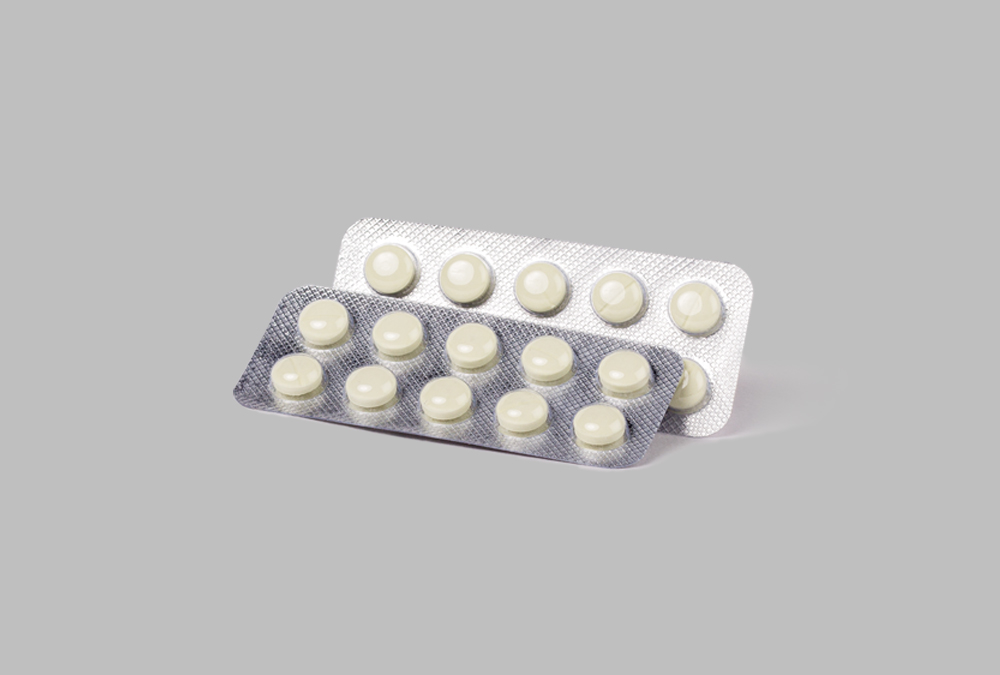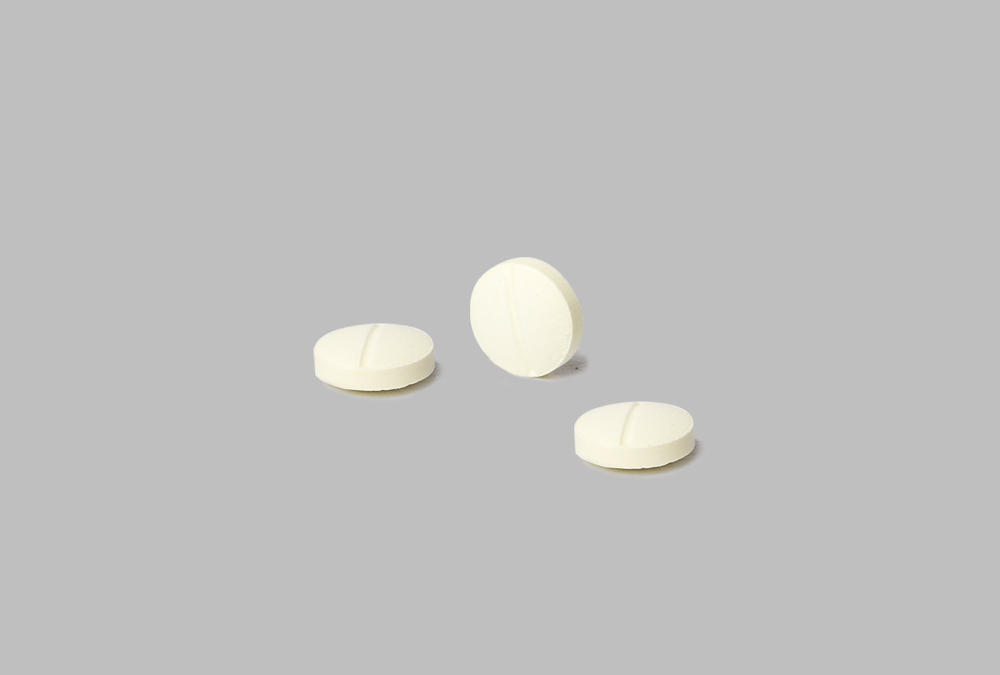Brand Name : LASILORIDE
Generic Name : Frusemide 40 mg + Amiloride HCl 5 mg
Preparation : Tablet
Pharmacological Category : Diuretic
Mechanism of Action (MOA)
Frusemide blocks chloride binding site on the sodium-potassium-chloride cotransporter (Na+K+2Cl–) in the thick ascending limb of the loop of Henle. Thus, excretion of sodium, potassium, chloride ions is increased and water excretion is enhanced.
Amiloride HCl inhibits Na/K-ATPase in the distal tubule of nephron causing inhibition of sodium reabsorption and potassium excretion thereby sparing potassium.
Pharmacokinetics
- Absorption :
Frusemide : Absorbed from the gastrointestinal tract
Amiloride : Incompletely absorbed from the gastrointestinal tract - Onset of Action :
Frusemide : 30 minutes to 1 hour
Amiloride : 2 to 3 hours - Peak Effect :
Frusemide : 1 to 2 hours
Amiloride : 6 to 10 hours - Duration :
Frusemide : 6 to 8 hours
Amiloride : 24 hours - Bioavailability :
Frusemide : 47 to 64%
Amiloride : 30 to 90% - Protein Binding :
Frusemide : 91 to 99%
Amiloride : 23% - Metabolism :
Frusemide : Liver (nearly 10%)
Amiloride : Not metabolized in the liver - Elimination Half-life :
Frusemide : 0.5 to 2 hours
Amiloride : 6 to 9 hours - Excretion :
Frusemide : Urine
Amiloride : Urine, faeces
Indications and Dosage
- Edema associated with Congestive Heart Failure, Liver Cirrhosis and Renal Disease (Nephrotic Syndrome), Pulmonary Edema, Hypertension : 1 to 2 tablets of LASILORIDE daily
Side Effects
Most adverse effects occur with high doses, and serious side effects are uncommon.
COMMON : Hyponatremia, hypochloraemic alkalosis, headache, hypotension, muscle cramps, dry mouth, thirst, weakness, lethargy, drowsiness, restlessness, oliguria, cardiac arrhythmias, and gastrointestinal disturbances, nausea, vomiting, hypovolemia, dehydration, hyperuricemia
RARE : Skin rash, photosensitivity reaction, interstitial nephritis, vasculitis, fever
REPORTED : Agranulocytosis, thrombocytopenia, leucopenia
OTHERS : Paraesthesia, blurred vision, yellow vision, dizziness, orthostatic hypotension, alopecia, cough, dyspnea, jaundice, encephalopathy, impotence, angina pectoris, arrhythmias palpitations
Contraindications
Hypersensitivity to frusemide or sulfonamide, amiloride, anuria, hyperkalemia (serum K+ more than 5.5 mEq per L), impaired renal function, concomitant use with potassium sparing diuretics or potassium supplementation
Warnings / Precautions
- All diuretics produce changes in fluid and electrolyte balance so should be used cautiously especially in elderly.
- Should be avoided in patients with severe hepatic impairment, in whom encephalopathy may be precipitated.
- All patients should be carefully observed for signs of fluid and electrolyte imbalance, especially in the presence of vomiting or during parenteral fluid therapy.
- Should be given with caution in renal impairment, prostatic hyperplasia, diabetes mellitus, diabetic nephropathy, fluid and electrolyte imbalance, hepatic disease, renal disease, metabolic acidosis, concomitant use with potassium sparing diuretics or ACE inhibitors.
- Should be used cautiously during pregnancy and breast feeding and is not recommended for pregnancy induced hypertension.
- Somnolence may occur, caution when operating heavy machinery.
- Amiloride should be stopped at least 3 days before glucose-tolerance tests are performed in patients who may have diabetes.
Drug Interactions
- Frusemide may enhance the nephrotoxicity of cephalosporin antibacterials.
- Frusemide can enhance the ototoxicity of aminoglycoside antibacterials and ototoxic drugs.
- Frusemide enhance the effect of alpha blockers / ACE inhibitors.
- Antihypertensive effects of frusemide may be antagonized by corticosteroids, NSAIDs.
- May enhance the nephrotoxicity of NSAIDs; lithium toxicity.
- Alcohol, barbiturates, opioids or narcotics may potentiate orthostatic hypotension.
- There is increased risk of hyperkalemia if amiloride is given with potassium supplements or with other potassium-sparing diuretics, ACE inhibitors, angiotensin II receptor antagonists, NSAIDs, ciclosporin, or trilostane.
- In patients taking amiloride with NSAIDs or ciclosporin the risk of nephrotoxicity may also be increased.
- Amiloride may reduce the ulcer-healing properties of carbenoxolone.
- Amiloride may enchance the effects of other antihypertensive drugs.
Pregnancy Category : C
Presentation
LASILORIDE : A box of 20 blisters, each blister of 10 tablets



